When you think of getting rid of mosquitoes, flies, or ants, your first thought might be chemical sprays. But there’s a better way, one that’s safer for your family, pets, and garden. The secret? Using plants and herbs that naturally keep pests at bay.
This guide features 12 effective and easy-to-grow options that repel everything from mosquitoes and roaches to beetles and flies.
Not only will they help keep your garden insect-free, but they also add beauty, color, and pleasant scents to your outdoor space. Some might already be growing in your backyard; you just didn’t know how powerful they were.
#1 Lemongrass
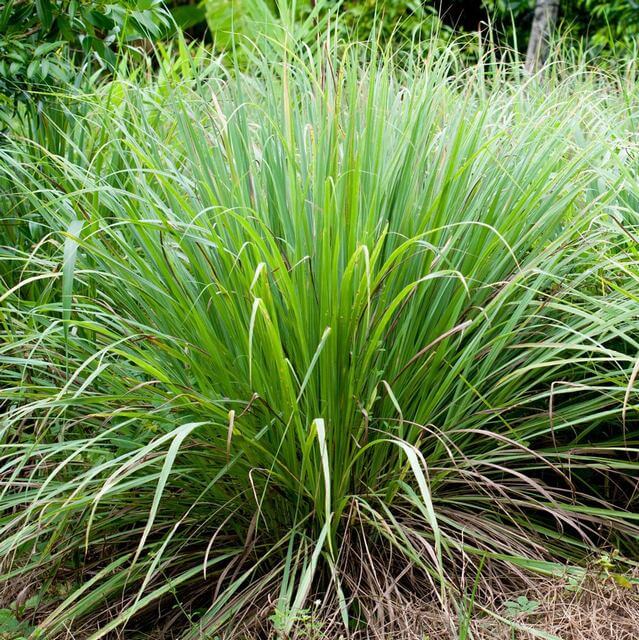 Image Credits: Growjoy
Image Credits: Growjoy
Famous for its citrusy scent, lemongrass contains citronella, a natural oil that mosquitoes can’t stand. Plant it in full sun and give it room to grow; it doubles as a flavorful herb for cooking, too.
It grows well in large containers or in garden beds with good drainage and warmth.
#2 Petunias
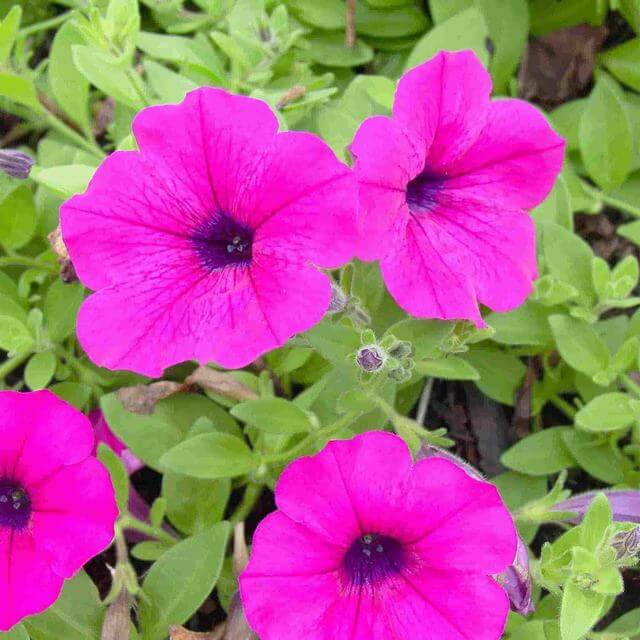 Image Credits: Ferrymorse
Image Credits: Ferrymorse
These bright bloomers do more than look pretty. Petunias naturally repel aphids, tomato hornworms, leafhoppers, and squash bugs.
Tuck them between vegetables or in containers to add color and protection. Deadhead spent blooms regularly to keep the plant flowering longer.
#3 Mint
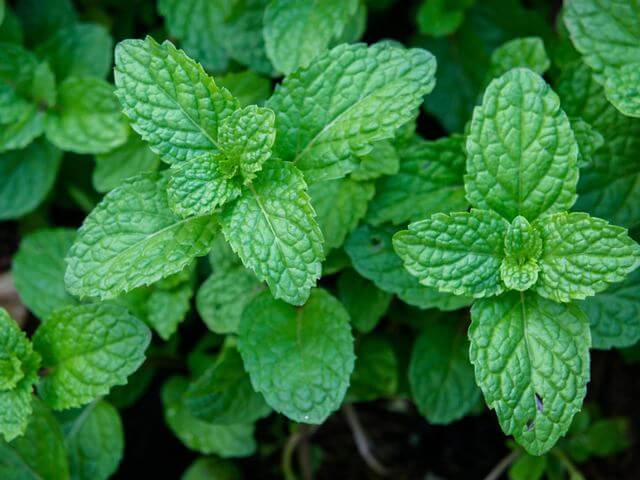 Image Credits: Gardening Know How
Image Credits: Gardening Know How
Mint’s strong scent deters ants, flies, and mosquitoes. It’s a fast grower and thrives in pots (which helps prevent it from spreading too far).
Crush a few leaves and rub them on your skin for natural bug protection. Keep the soil moist and give it partial sunlight.
#4 Lavender
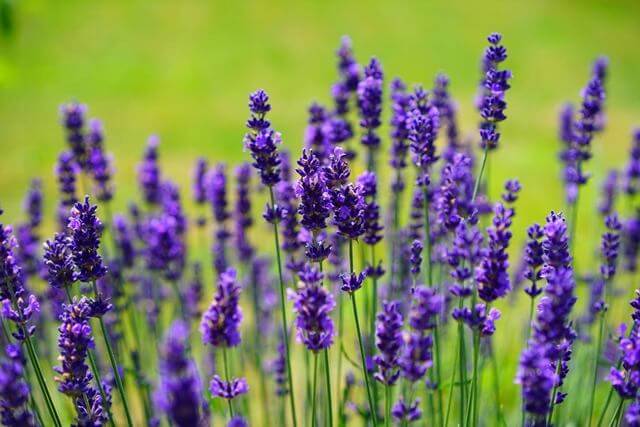 Image Credits: Gardendesign
Image Credits: Gardendesign
Loved for its calming aroma, lavender is hated by moths, fleas, flies, and mosquitoes. Plant it in a sunny spot with good drainage.
Bonus: dried lavender works great indoors to deter pests from closets and drawers. Prune it after flowering to keep the shape neat and encourage more blooms.
#5 Chives
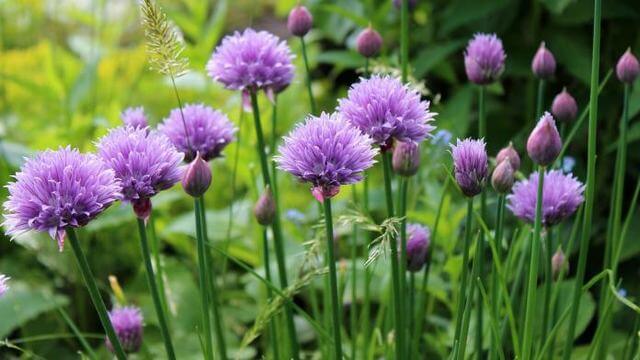 Image Credits: Almanac
Image Credits: Almanac
These easy-to-grow herbs help ward off Japanese beetles, aphids, and flies. Snip the leaves regularly to use in cooking while keeping your plants full and healthy.
They thrive in sunny spots and even help improve the growth of nearby carrots and tomatoes.
#6 Rosemary
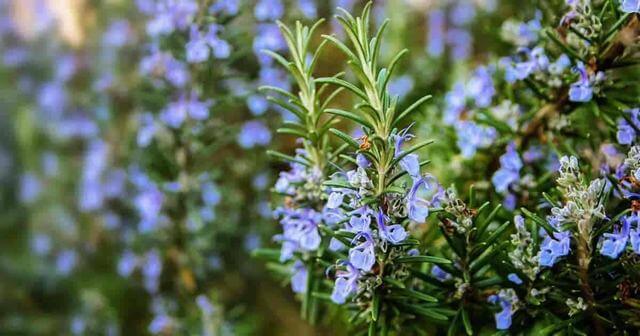 Image Credits: Plantcaretoday
Image Credits: Plantcaretoday
Mosquitoes and plant-eating bugs avoid rosemary’s strong aroma. Grow it in pots or borders and trim often to encourage new growth. It also pairs beautifully with grilled dishes.
It prefers well-drained soil and lots of sunlight, perfect for Mediterranean-style gardens.
#7 Bee Balm
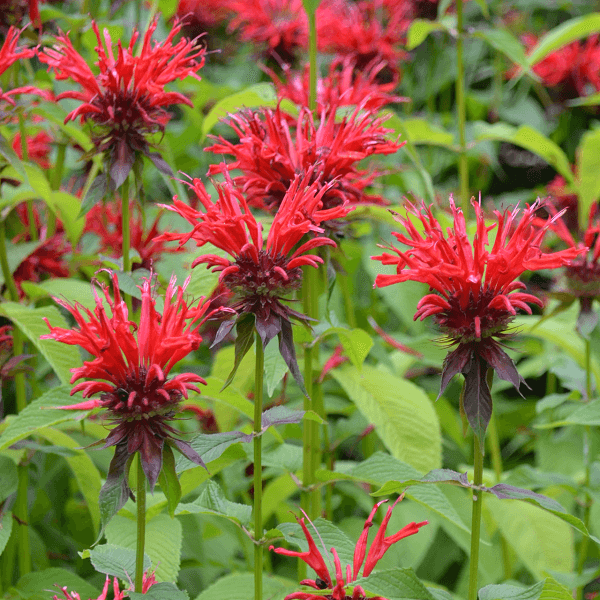 Image Credits: Monticelloshop
Image Credits: Monticelloshop
Butterflies, bees, and hummingbirds love bee balm, but mosquitoes don’t. Its colorful flowers thrive in sunny garden beds and bring both beauty and protection.
Bee balm also has antifungal properties and can be used in herbal teas.
#8 Basil
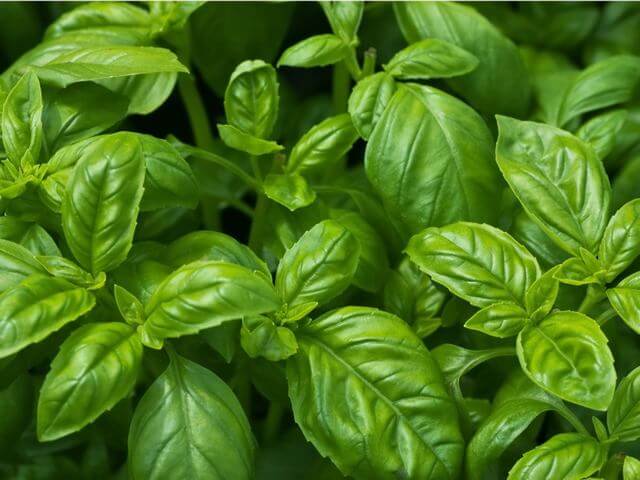 Image Credits: Gardeningknowhow
Image Credits: Gardeningknowhow
This kitchen staple has a fragrance that flies and mosquitoes dislike. Grow basil near doors, windows, or patios for fresh leaves and fewer bugs.
Water consistently and harvest often to keep it lush. Basil grows quickly in warm weather and appreciates regular pinching.
#9 Nasturtiums
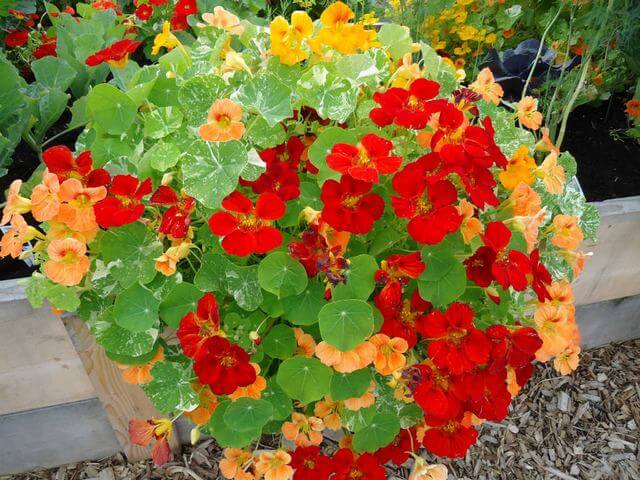 Image Credits: Worldoffloweringplants
Image Credits: Worldoffloweringplants
These edible flowers are perfect for companion planting. They repel aphids, squash bugs, beetles, and whiteflies. Nasturtiums grow quickly and brighten up garden borders with vibrant orange and yellow blooms.
Plant them near beans or tomatoes to act as a natural trap crop.
#10 Dill
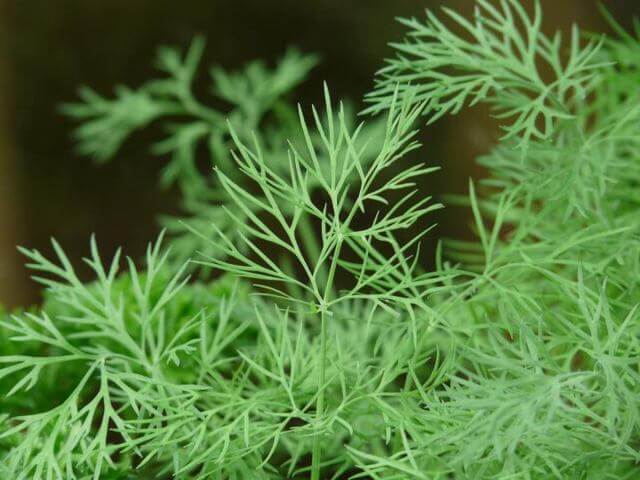 Image Credits: Almanac
Image Credits: Almanac
A magnet for beneficial insects, dill also repels spider mites, cabbage loopers, and tomato hornworms. It thrives in full sun and pairs well with vegetables like cucumbers and tomatoes.
Dill bolts quickly, so succession planting every few weeks helps maintain its presence.
#11 Catnip
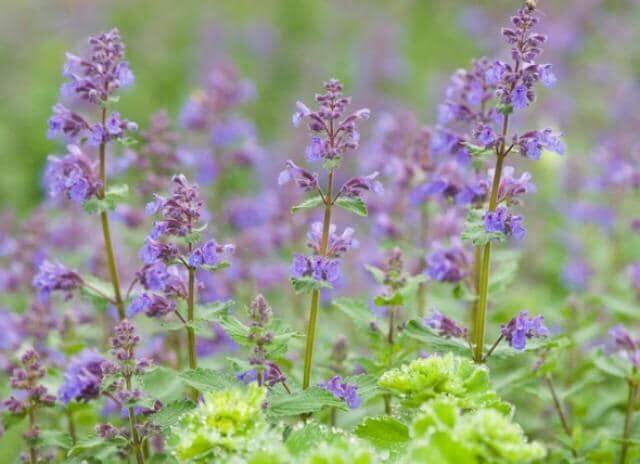 Image Credits: Petmd
Image Credits: Petmd
While cats love it, roaches and mosquitoes definitely don’t. Catnip contains nepetalactone, a compound proven to repel insects even more effectively than DEET in some studies.
Best grown in pots to control spreading. Its small purple flowers also attract pollinators.
#12 Oregano
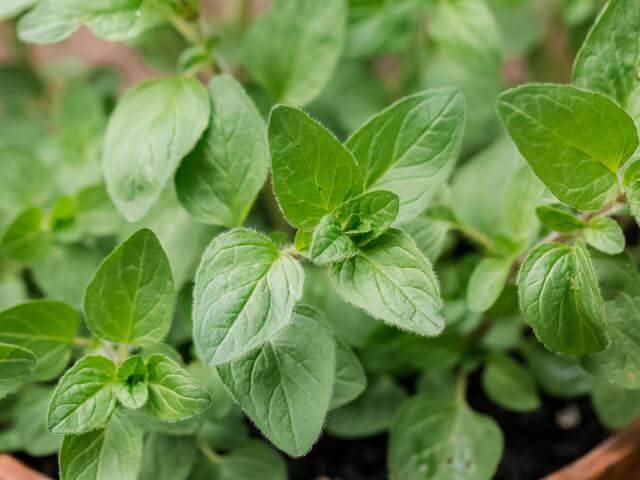 Image Credits: Thespruce
Image Credits: Thespruce
Oregano’s pungent oils work well against mosquitoes and other flying insects. Let it flower for added insect-repelling power and to attract pollinators.
Trim regularly to keep the plant bushy and flavorful. It’s drought-tolerant and does best in full sun with well-drained soil.
